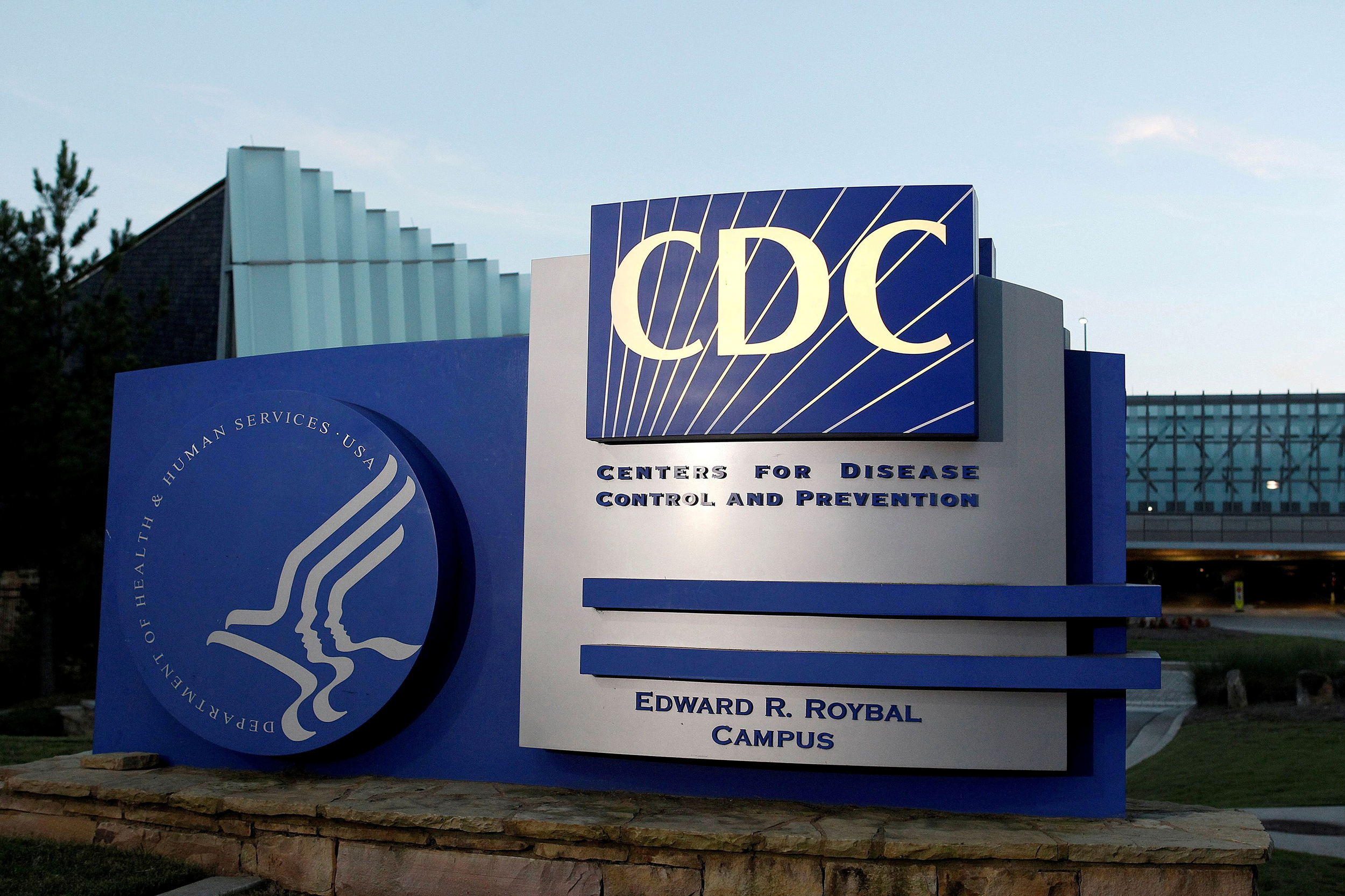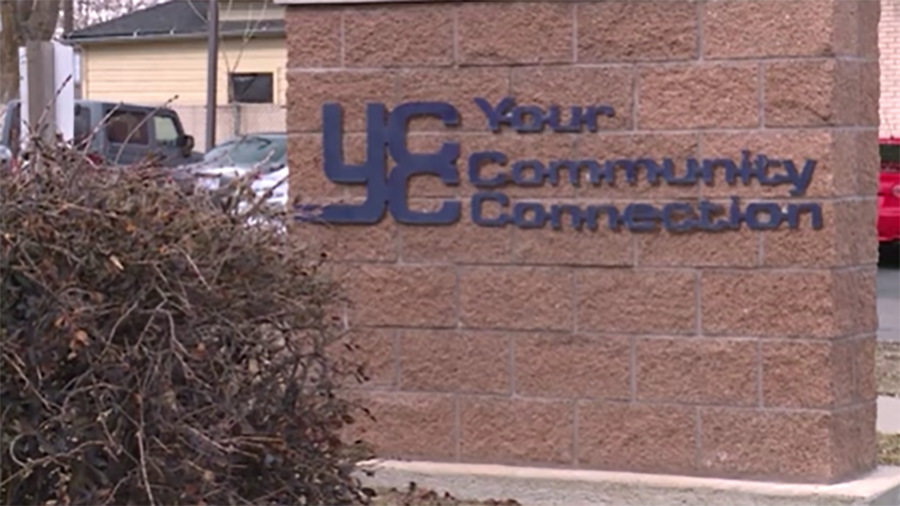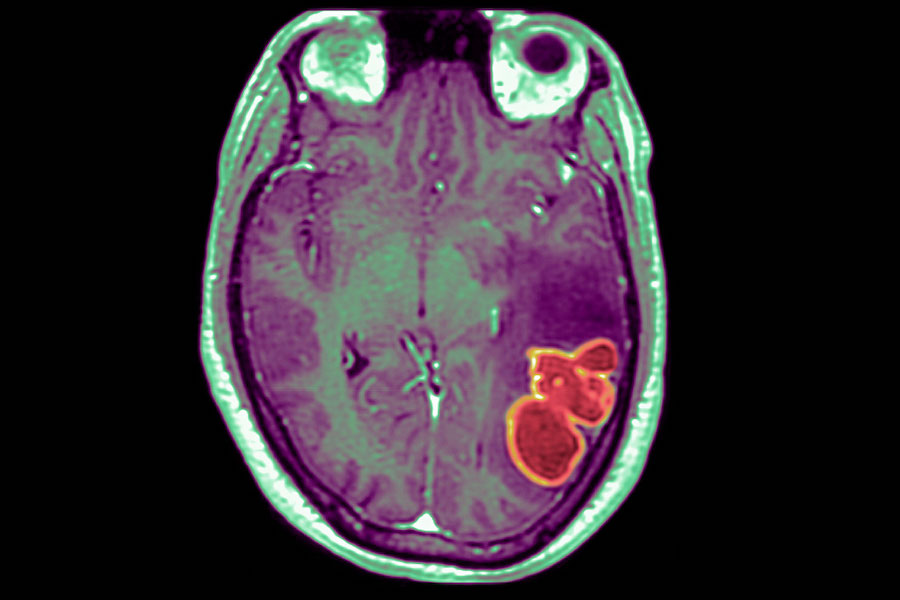HEALTH
States Passed A Flurry Of Abortion Restrictions This Year. Here’s Where They Stand
Oct 28, 2019, 9:59 AM | Updated: Jun 7, 2022, 4:03 pm

FILE
(CNN) — Abortion regulations were in the news earlier this year, with highly restrictive state bans making national headlines. Republican-leaning states, emboldened by the conservative-majority Supreme Court and efforts by the Trump administration to roll back abortion protections, have pushed more extreme limitations to the procedure.
But where are those laws now?
The short answer: Nowhere.
Of the nine so-called gestational bans — which bar abortions past a certain point in pregnancy — passed this year, none have gone into effect after most of them have been blocked by judges. In particular, court actions have kept all of the so-called heartbeat bans — bills outlawing abortion once a fetal heartbeat is detected, as early as six weeks into a pregnancy — from coming into force.
Abortion experts on both sides of the debate say the bills aim to weaken or even directly challenge the Supreme Court’s landmark 1973 case Roe v. Wade that legalized abortion in the US.
Legislators are more open about their goal of challenging Roe in light of the new Supreme Court and perceived cultural shifts, said Sue Swayze Liebel, state policy director director for anti-abortion advocacy group the Susan B. Anthony List.
“I think there’s a renewed sense of momentum to challenge Roe, and I don’t think that’s been a secret,” she said. “I think it’s now just being viewed as a possibility.”
Elizabeth Nash — senior state issues manager at the Guttmacher Institute, an advocacy group that supports abortion rights — said the new legislation reflects both recent political events and longer-standing patterns.
“Certainly a catalyst was this more conservative Supreme Court, but also potentially a catalyst was simply that since 2011, we have seen state after state adopt restriction after restriction,” she said. “And at some point, the only thing that’s really left to do is ban abortion.”
And the issue isn’t going away. A federal judge has yet to rule on a requested block on Alabama’s near-total abortion ban, which is slated to go into effect in November. And state legislators in Tennessee, Pennsylvania and South Carolina are looking to advance heartbeat bills of their own. In response, Democratic Pennsylvania Gov. Tom Wolf has already vowed to veto any abortion bans, while several Democratic-leaning states have also looked to protect or expand abortion access.
Here’s the status of abortion bans passed so far this year:
Alabama
The law: In May, Republican Gov. Kay Ivey signed into law the state’s near-total abortion ban that could slap doctors with up to 99 years in prison for performing an abortion. Making it “unlawful for any person to intentionally perform or attempt to perform an abortion,” the law has exceptions for “a serious health risk to the unborn child’s mother,” ectopic pregnancy and lethal fetal anomalies — but not for instances of rape or incest.
Status: The ACLU and Planned Parenthood sued Alabama later that month on behalf of Alabama abortion providers, arguing that the bill would “inflict immediate and irreparable harm on plantiffs’ patients by violating their constitutional rights, threatening their health and well-being, and forcing them to continue their pregnancies to term against their will.” US Federal District Judge Stephen Michael Doyle has yet to rule on the groups’ request that he block the ban. Barring any judicial action, the law is slated to go into effect in November.
Arkansas
The law: Arkansas’ law bans abortions after 18 weeks into a pregnancy — six weeks before the standard set by Roe — except in medical emergencies and in cases of rape or incest. Republican Gov. Asa Hutchinson signed the measure in March.
Status: In August, a federal judge temporarily blocked the ban from going into effect on the grounds that it would cause “irreparable” harm to women seeking abortions. The state promptly appealed the ruling to the Eighth Circuit Court of Appeals. The ACLU and Planned Parenthood filed the lawsuit in June against Arkansas officials, challenging the 18-week ban and other abortion restrictions as unconstitutional.
Georgia
The law: Georgia’s Republican Gov. Brian Kemp signed one of the most high-profile so-called heartbeat bills in May. The law bans abortions at the onset of a fetal heartbeat — which can occur as early as six weeks into a pregnancy and before many women know they’re pregnant. It includes some exceptions, including if the pregnancy risks the life of or poses substantial and irreversible physical harm to the pregnant woman, and in instances of rape or incest up until 20 weeks into a pregnancy.
Status: A federal judge earlier this month blocked the law from going into effect in January as planned, arguing that “by banning pre-viability abortions, (the bill) violates the constitutional right to privacy, which, in turn, inflicts per se irreparable harm on Plaintiffs.” The ACLU, Planned Parenthood and the Center for Reproductive Rights filed the suit in June.
Kentucky
The law: Kentucky also passed a heartbeat bill this year that Republican Gov. Matt Bevin signed in March. The ban includes exceptions to prevent the death or “a serious risk of the substantial and irreversible impairment of a major bodily function of the pregnant woman,” but not for rape or incest.
Status: Things moved quickly on Kentucky’s ban — the same day that the bill was sent to Bevin to be signed, the ACLU challenged it in federal court as unconstitutional. Hours after Bevin signed it, US District Court Judge David Hale temporarily blocked it. Hale later extended the block on the law to last until a final ruling.
Louisiana
The law: Louisiana Gov. John Bel Edwards, a Democrat, signed a bill in May banning abortions once a heartbeat can be detected. The bill has exceptions for “medically futile” pregnancies and to prevent the death or severe impairment of the pregnant woman, but none for instances of rape or incest.
Status: The Louisiana law will go into effect only should a federal appeals court uphold a similar Mississippi heartbeat law. That Mississippi law is currently in the Ninth Circuit Court of Appeals after a federal judge blocked it as unconstitutional.
Mississippi
The law: Mississippi’s heartbeat bill would also prohibit abortions as early as six weeks into pregnancy, before many women even know they’re pregnant. The bill only has exceptions to prevent a woman’s death or serious risk of impairment. Republican Gov. Phil Bryant signed it into law in March.
Status: In March, the Center for Reproductive Rights added a challenge against Mississippi’s heartbeat bill law to the group’s existing lawsuit against the 15-week abortion ban the state passed last year. US District Judge Carlton Reeves blocked the heartbeat ban in May, writing that the law “threatens immediate harm to women’s rights, especially considering most women do not seek abortions services until after six weeks.” The state appealed to the Fifth Circuit Court of Appeals, which has yet to rule on the law.
Missouri
The law: Republican Gov. Mike Parson signed a heartbeat abortion ban in May that would penalize healthcare providers who perform abortions after eight weeks into a pregnancy with up to 15 years in prison. The law does not include exceptions for instances of rape or incest, only for instances of “medical emergency,” such to prevent a pregnant woman’s death or “substantial and irreversible physical impairment.” The bill also includes a provision that would ban abortion outright if Roe v. Wade is ever overturned, and bans on abortion at 14, 18 and 20 weeks that could go into effect if a court finds the eight-week ban invalid.
Status: Planned Parenthood, the American Civil Liberties Union and Paul, Weiss — the law firm that argued in support of legalizing same-sex marriage in a landmark Supreme Court case — filed a federal court case against the eight-week ban in July. In August, a federal judge blocked the ban the day before it was supposed to go into effect. The state has since appealed the ruling in the Eighth Circuit Court of Appeals.
Ohio
The law: Ohio’s heartbeat bill bans abortions after a fetal heartbeat is detected. The measure includes exceptions only to prevent the woman’s death or serious physical impairment, and could slap providers who violate the law with a one-year prison sentence and $2,500 fine. Republican Gov. Mike DeWine signed the bill into law in April.
Status: The ACLU of Ohio, Planned Parenthood and several medical groups sued the state of Ohio over the law in May, arguing that it violated the constitutional right to a pre-viability abortion. A federal judge temporarily blocked the law in July, writing that should it have gone into force, “one could characterize the obstacle Ohio women will face as not merely ‘substantial,’ but, rather, ‘insurmountable.'”
Utah
The law: Utah’s Republican Gov. Gary Herbert signed a bill in March banning abortions after 18 weeks. The bill makes exceptions in instances of rape or incest, to prevent a woman’s death or severe impairment and for lethal fetal abnormalities confirmed by two doctors.
Status: A federal judge halted the law in April, with the state and defendants agreeing to the block. Salt Lake County District Attorney Sim Gill, a defendant in the case, said he won’t enforce the law. Planned Parenthood and the ACLU brought the legal challenge against the law earlier that month.













